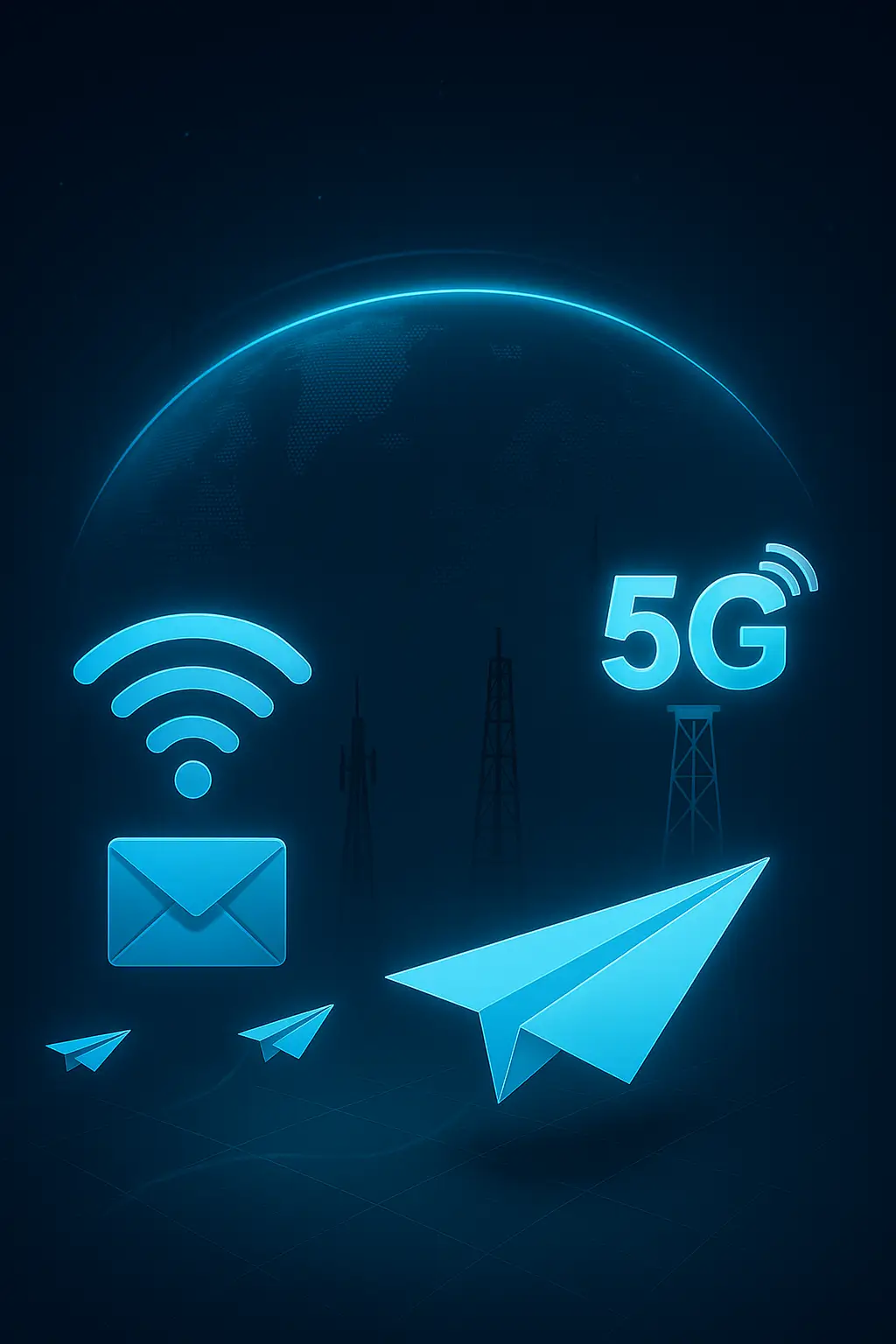South Korean operator SK Telecom has actually reached in February 2020, a total of 2.22 million 5G customers and 44.7 percent 5G market share in Korea. SK Telecom readily introduced its 5G service on 3 April 2019. SK Telecom also reports it has launched around 70 5G Clusters in crucial business areas and densely populated locations throughout the country.
SK Telecom 5G subscribers behavior
According to SK Telecom’s evaluation on 5G subscribers, people in their 30s and 40s are using up 53% of the company’s total 5G customer base, which is dramatically more than the proportion of individuals in their 30s and also 40s in overall LTE customer base, which stands at 32%.
The average data usage per month of subscribers who switched devices from LTE to 5G has actually increased from 14 GB (LTE) to 28.5 GB (5G) each. The evaluation also found that 5G subscribers are using 7 times extra VR services, 3.6 times much more video steaming services as well as 2.7 times more video game apps than LTE customers.
SK Telecom use cases
SK Telecom intends to continue to collaborate with Microsoft to prepare mobile cloud streaming games as well as will also open up “Jump Studio”, a mixed-reality content production center. “Jump Studio” is expected to offer services that enable the development of 3D content like holograms by incorporating the technological strenghts of virtual and augmented reality technologies. SK Telecom as well as Microsoft are currently providing 92 games via Job xCloud.
SK Telecom intends to construct 5G MEC (Mobile Edge Computing) Centers in 12 different areas across Korea. To this end, the firm is preparing to launch across the country 5G edge cloud service in cooperation with Microsoft and Amazon Web Services.
SK Telecom has additionally revealed strategies to release a private 5G network at SK Hynix’s semiconductor manufacturing center for a 5G smart factory for the semiconductor sector. The firm is preparing to add ICT including of AI video analytics as well as AR technology to its 5G network.
This year, SK Telecom plans to boost the overall number of its 5G Clusters to 240 as well as broaden 5G coverage to neighborhoods (‘dong’) of 85 cities nationwide. The business also looks to secure indoor coverage for a total of 2,000 buildings, including airports, department stores and large malls by using its 5G in-building services.
Benefit from Massive discount on our 5G Training with 5WorldPro.com
Start your 5G journey and obtain 5G certification
contact us: contact@5GWorldPro.com


